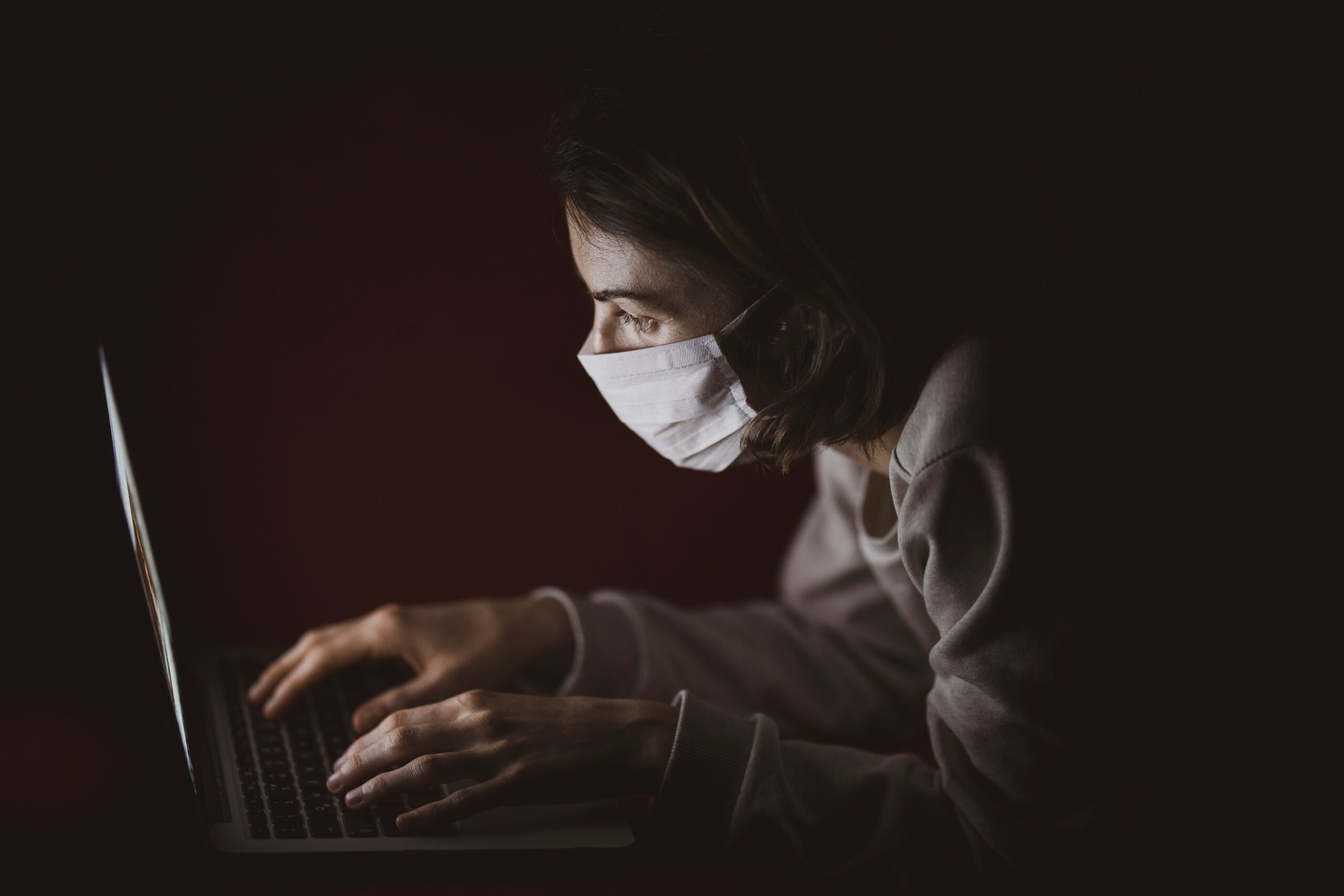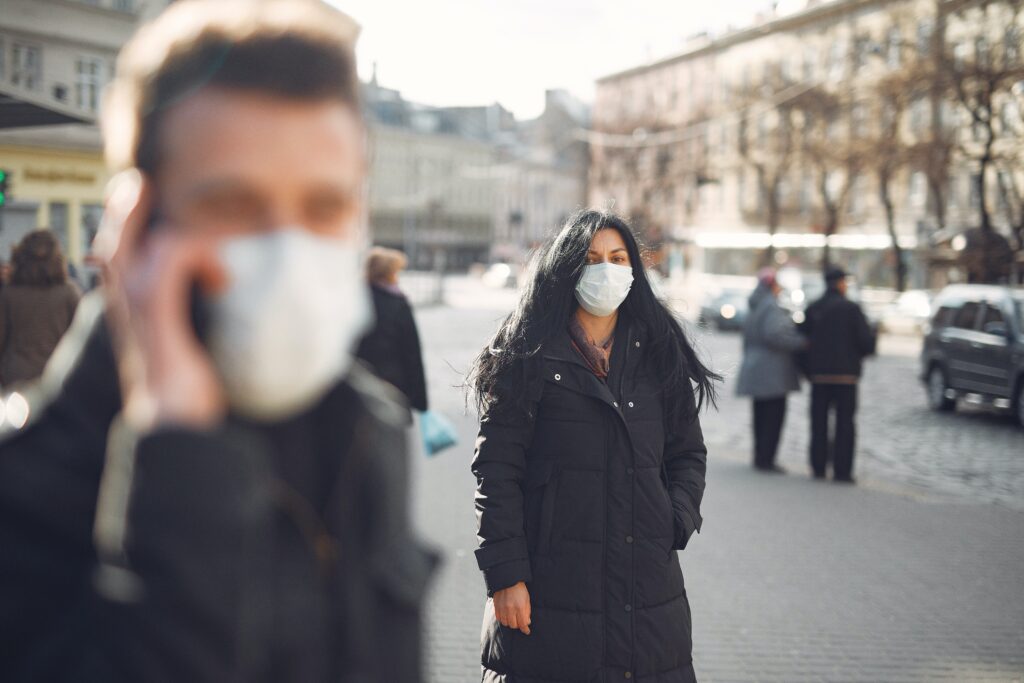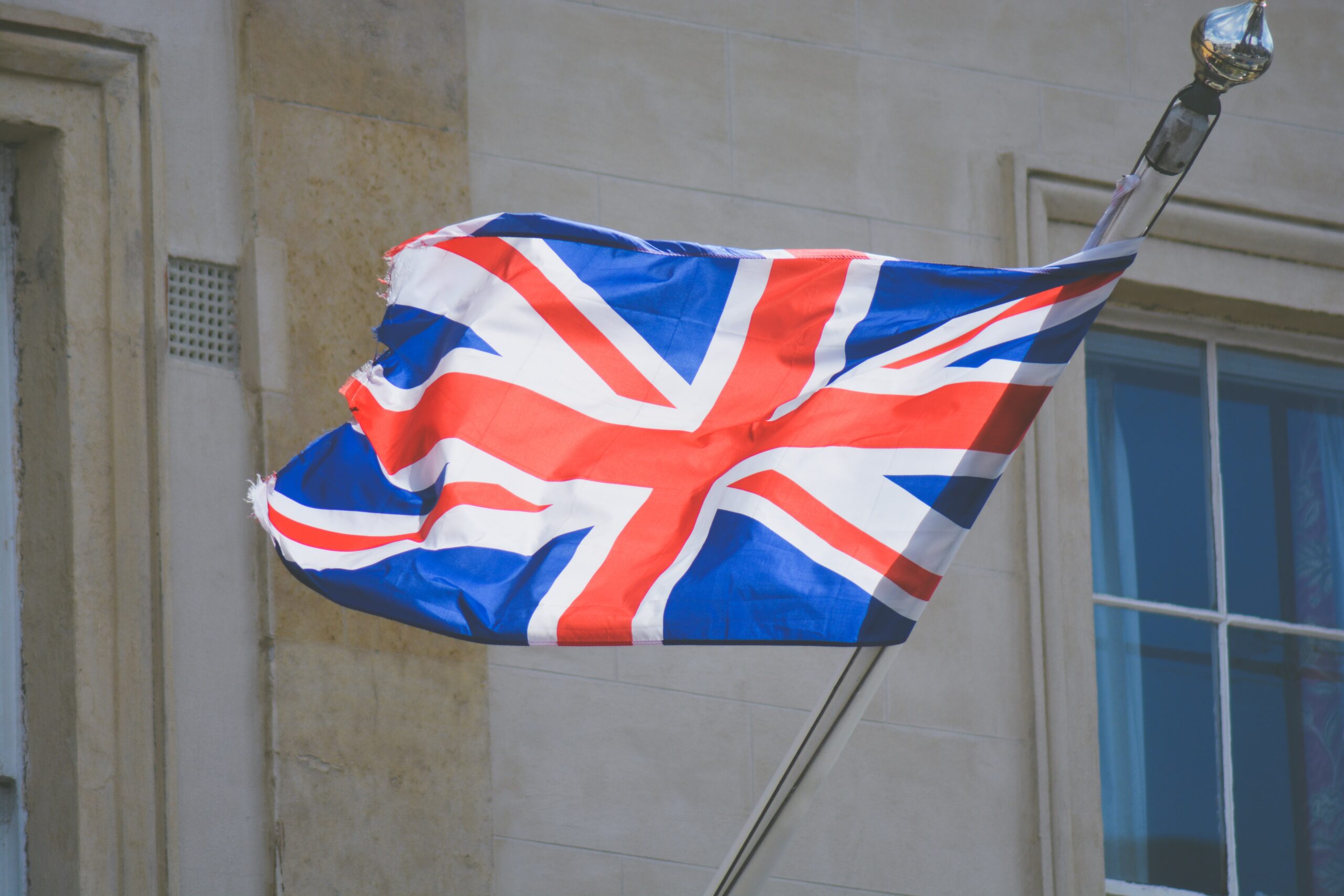
To lock down or not to lock down? Part 1
Michael Wee discusses the ethics of decision-making about lockdown. (Read Part 2 here)
Politicians are used to dilemmas. Their life is spent making difficult choices. Higher taxes to improve public services or tax cuts to stimulate business? More resources for the health service or the education budget? For any policy decision there are always different factors to be weighed up and trade-offs are inevitable.
But policy trade-offs have perhaps never been quite as dramatic as they are now.
Politicians – and indeed society as a whole – have to reckon with a terrible dilemma: lock down the population and you might reduce infection rates and save lives from COVID-19 but cause untold damage to mental health, the economy, families and social lives. Or keep restrictions to a minimum so as to avoid such ill effects, and you might risk having the health service overwhelmed and a death toll far higher than expected.

How do we resolve this dilemma? Is there an ethical framework within which we can begin to make sense of this decision?
It is perhaps a matter of broad agreement, among people of varying ethical and religious persuasions, that saving lives is one of the most important considerations of any government.
But at the same time, it is not the only goal where public policy is concerned, nor does it always override all other considerations.
On an individual level, and especially in relation to end-of-life decision-making, this ethical perspective is also well-established, and is sometimes referred to as the ordinary and extraordinary means distinction in the medical ethics literature. (The distinction is often associated with, but is not limited to, Catholic medical ethics.) Most of us do not think that we must save and prolong life at all costs.
‘Ordinary means’ are those interventions – surgery or medication, for example – that, despite their risks or side effects, are proportionate to the benefits they promise.
But there are instances where one may choose to forego even life-saving treatment because its negative side effects are too burdensome in relation to the relatively limited benefits it may bring. Such treatment would be considered ‘extraordinary means’ and is not morally obligatory.
One thinks of a patient refusing chemotherapy or heart surgery when they are already old and frail – these interventions might extend life for a short while, but present many burdens or complications. In such situations few would suggest that life must be extended no matter the consequences. It is simply a recognition that the burdens imposed are too much to bear, in that individual context.
Where public health is concerned, a similar logic may be said to apply. The outbreak of a lethal and infectious disease requires containment measures for the sake of the common good.
Just as we might accept risky surgery for the sake of better health where it is proportionate to the goal and the problem at hand, communities will sometimes have to put up with extreme and burdensome public health measures in order to combat an epidemic.
The more infectious and lethal the disease, the more stringent the measures needed.
Even a full lockdown may be justified if proportionate to the threat. But they are rarely used by governments and these, as one bioethicist argues, constitute the ‘nuclear option’. They are the most potent public health weapon we have for limiting a ‘viral wildfire’ but they should be avoided where possible.
Yet mitigating disease is not, nor can it be, the sole concern of government.

There may be situations where the costs – broadly conceived, and not just economic – of certain measures, including lockdowns, are simply too great for the community to bear.
In such a case, a decision by the authorities not to impose lockdown would be akin to a patient refusing extraordinary means that would have preserved their life. It is not necessarily out of neglect for the value of the lives of those most at risk from the disease; nor is the government intending (as opposed to merely foreseeing) these deaths which could have been prevented by lockdown.
Nonetheless, the sensitivities of such a scenario are self-evident.
Authorities should make clear the rationale for their decision so as to maintain public trust, and explain what other steps – short of a lockdown – are being taken to contain the disease that are proportionate to the threat and not overly burdensome on society.

It is important to note, however, that while the logic of ordinary and extraordinary means might give us a framework for decision-making about lockdown, on its own it does not give an answer.
The real work is in weighing up the threat of a new, lethal virus – which may present a far more tangible and immediate consideration – against factors such as the economic impact, the loss of social goods and mental health-related effects – which may be more long-term and more difficult to quantify.
In the second part of this article, Michael Wee discusses mental health considerations in decision-making about lockdown.
*This article is adapted from the paper Public Mental Health and the Ethics of COVID-19 Lockdowns, originally published by the Anscombe Bioethics Centre as part of its COVID-19 Briefing Papers series.
Like what you’ve read? Consider supporting the work of Adamah by making a donation and help us keep exploring life’s big (and not so big) issues!

